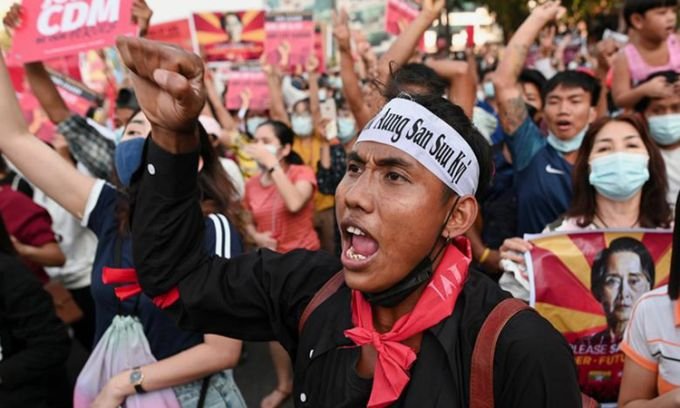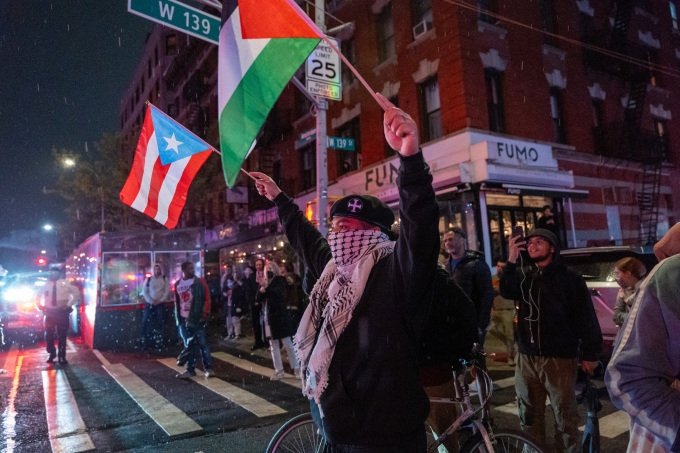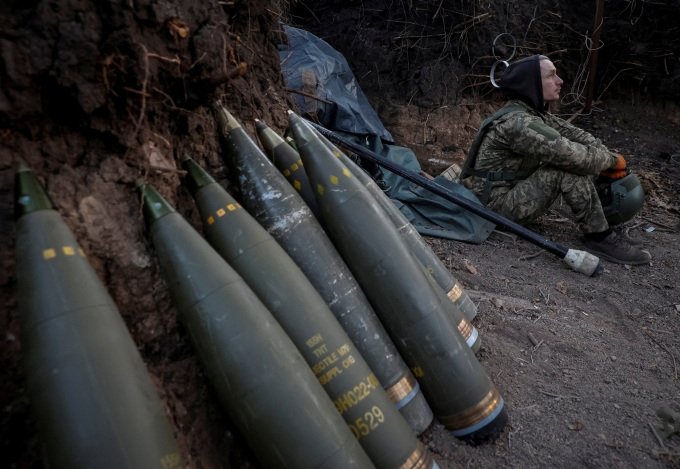
What did countries do about the coup in Myanmar?
US National Security Advisor Jake Sullivan announced that President Joe Biden’s administration is preparing `additional actions` in the coming days to fight those behind the military coup and violently suppress protests.
`We will continue to work closely with our allies and partners in the Indo-Pacific and around the world to hold those responsible for violence accountable,` Sullivan said in a statement today.
This is the latest move in a series of US responses to the coup in Myanmar.
The above move will prevent Myanmar’s generals from accessing more than a billion dollars in this country’s government funds in the US.
On February 22, the US continued to increase pressure on the Myanmar military by adding Myanmar air force commander Maung Maung Kyaw and General Moe Myint Tun, two members of the State Administrative Council, to the sanctions list.
Protesters demanded the release of Ms. Aung San Suu Kyi in Yangon city on February 15.
Following the move from the US, British Foreign Secretary Dominic Raab on February 25 announced new sanctions targeting six members of the Myanmar military, including General Min Aung Hlaing, for their role in the military coup.
The announcement came a full week after Britain sanctioned Myanmar Defense Minister Mya Tun Oo, Interior Minister Soe Htut and Deputy Interior Minister Than Hlaing for alleged human rights violations following the coup.
Responding to the bloody protest that left at least 18 people dead on February 28, High Representative for Foreign Affairs and Security Policy of the European Union (EU) Josep Borrell condemned the violence in Myanmar,
European ministers agreed to impose sanctions on Myanmar’s military over the coup and decided to withhold some development aid to the Southeast Asian country.
The United Nations and the G7 group, including Britain, Canada, Germany, Italy, France, the United States and Japan, also condemned violence against protesters and called for the immediate release of those arbitrarily detained, including members
A month after the coup, at least 21 people died and dozens were injured in protests against the coup.
In an earlier and more drastic move, New Zealand on February 9 announced the suspension of all high-level political and military contacts with Myanmar after the coup in that country.
Japan is also considering stopping new official development assistance (ODA) to Myanmar, amid growing global condemnation of the coup and the military’s moves to suppress protests.
The Japanese automaker also decided to postpone the opening of a new factory in Myanmar in February due to concerns about increased political instability after the coup on February 1, according to Nikkei Asia.
Previously, Japanese beer company Kirin announced on February 5 to end its joint venture cooperation with a corporation owned by the Myanmar military.
Members of the Association of Southeast Asian Nations (ASEAN), of which Myanmar is a member, gave mixed reactions.

Myanmar ‘like a battlefield’
Police clashed with Myanmar protesters on February 28.
China’s response to the Myanmar military’s arrest of Ms. Suu Kyi on February 1 is also clearly different from the West.
Even rumors that Beijing `supported or tacitly gave the green light` to the military coup earlier this month in Myanmar arose after Chinese Foreign Minister Wang Yi arrived in the capital Naypyidaw in January. However, the Chinese side
`The current developments in Myanmar are absolutely not what China wants to see,` said Chinese ambassador to Myanmar Chen Hai on February 16.


